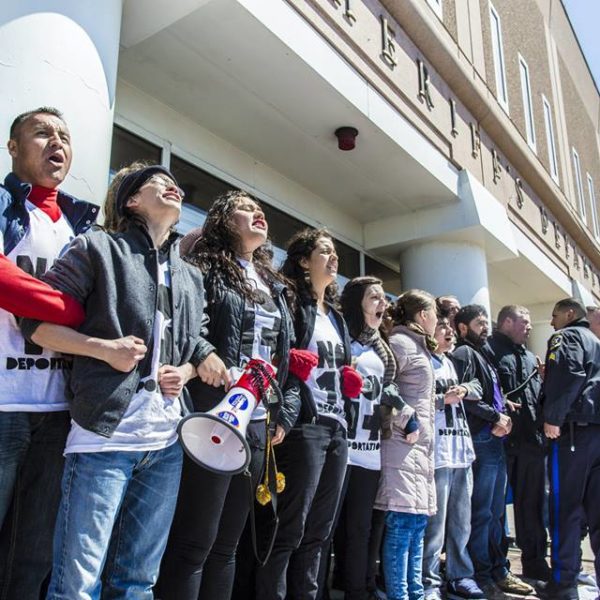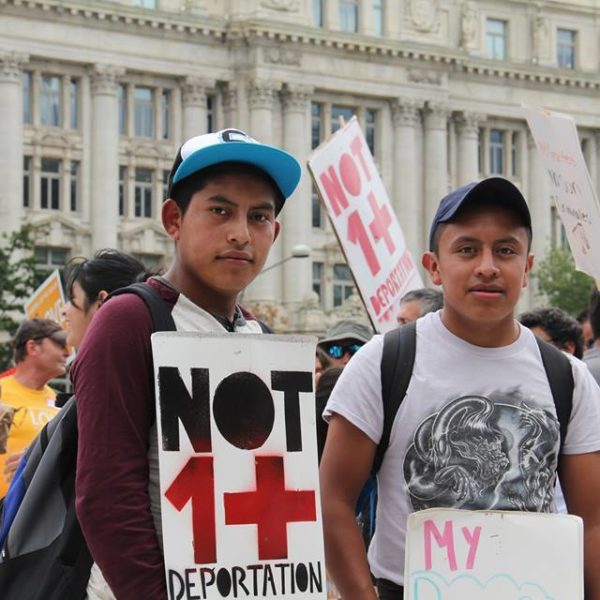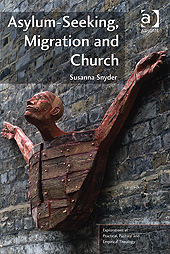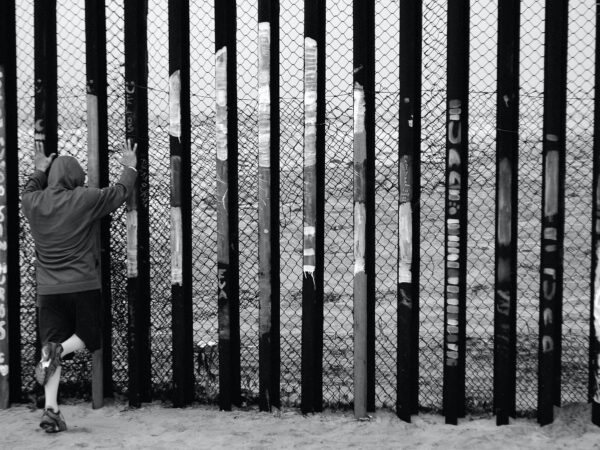
The telos of border imperialism as described by Walia and served by policies like the Priority Enforcement program is manifestly blasphemous on any number of levels. The most obvious, and the most commonly identified by theologians is that it denies the presence of Christ in the persons of exploited, oppressed, colonized, and working people.

On 13 August, the main floor of the New Haven People’s Center was characteristically hot and unusually crowded for a late summer evening. About half a dozen lawyers, nonprofit workers, and labor union staff were there for a meeting of the Connecticut Immigrant Rights Alliance.

1) What inspired you to write Asylum-Seeking, Migration and Church? When I was training for ordination in Birmingham in 2004, I started to volunteer with church-based organizations supporting asylum seekers. As a result of the UK government’s asylum seeker dispersal program, many newcomers were being housed in Birmingham while they waited for decisions on their cases. Churches were offering considerable practical and spiritual support and I was both impressed and intrigued. I wondered: why are they so engaged with migrants and are they—are we—doing a good job? Perhaps even more importantly, I started getting to know a few people who were seeking refuge, a number of whom have allowed me to share their stories in the book. The book was inspired by and is written for them—for Annette, Hassan, Fatima—people who have experienced pain and joy, shown extraordinary courage, and offered me friendship…
